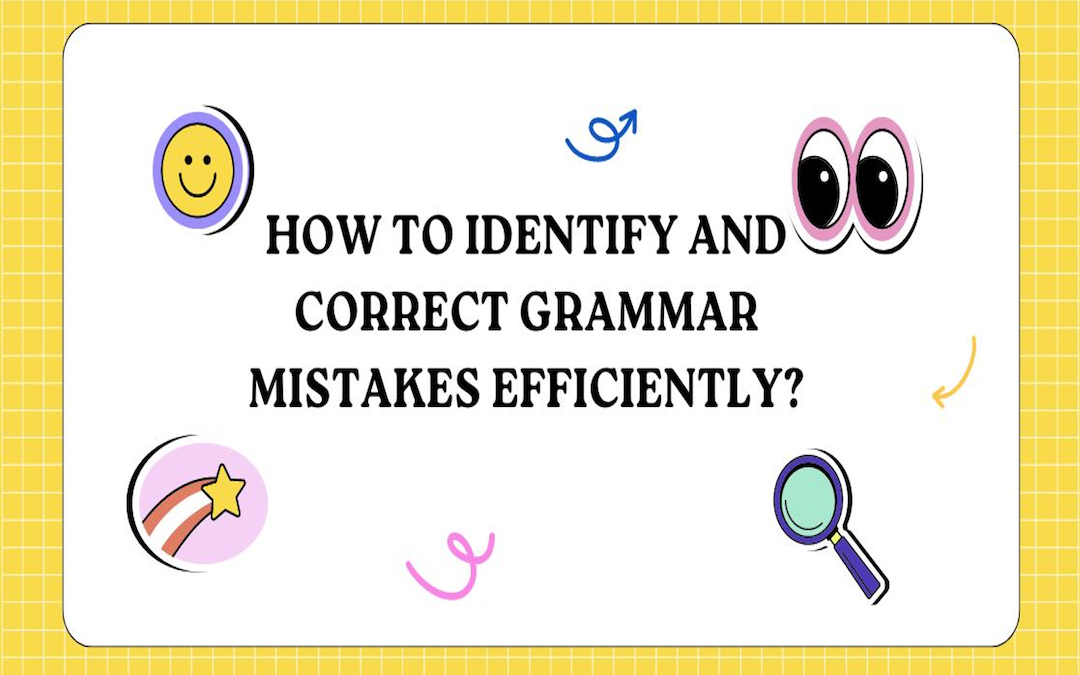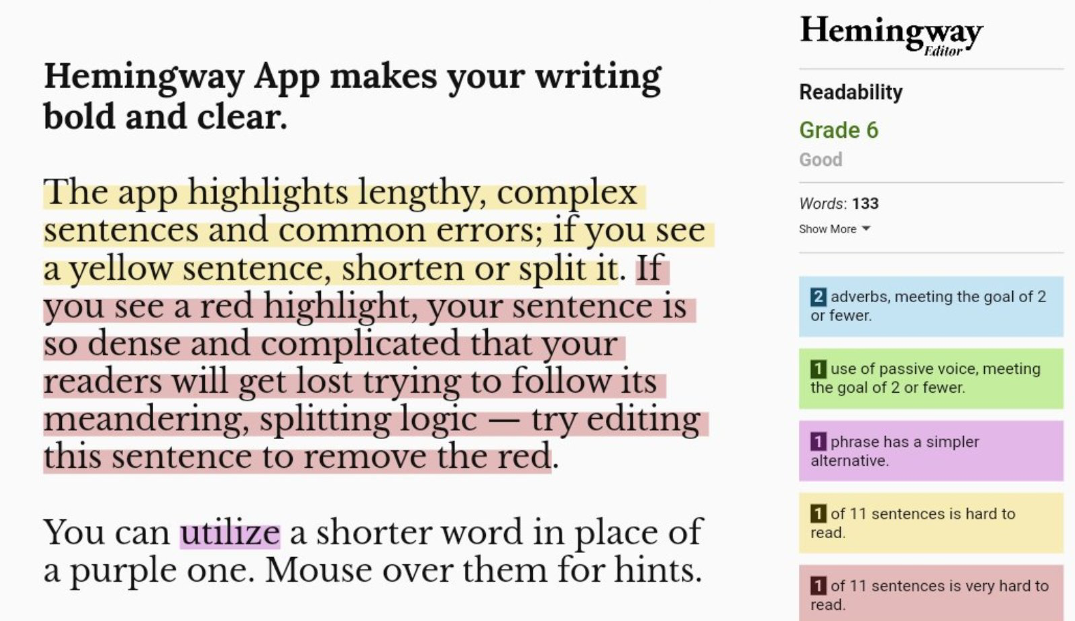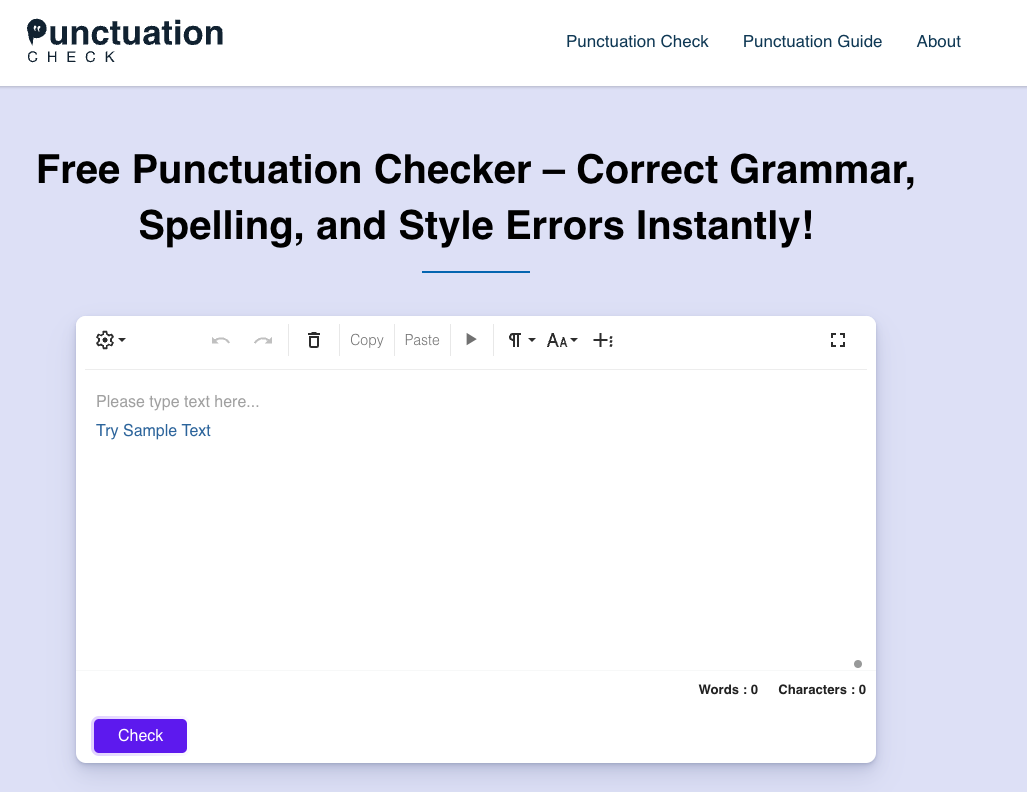
Standard rules of grammar contribute to communication since they help ensure that the information passed through the message is channeled appropriately. They lead to distortion of the message that you intended to pass across as well as damage to your reputation. Knowing how to correctly mark writing for grammar enhances one’s writing and ensures that a particular message is passed across correctly.
This article provides a method that can be employed to teach the basics of grammar, the errors made, and how one can correct them.
The Basics of Grammar
Definition of Grammar
Grammar may be defined as the rules governing the flow of sentences in any given language. It concerns the arrangement of words, phrases, and clauses in such a way that the intended effect will be achieved.
- Parts of Speech: These are the component parts of the sentence, and they include the parts of speech, which are nouns, verbs, adjectives, adverbs, pronouns, prepositions, conjunctions, and interjections.
- Sentence Structure: This can be defined as the manner in which the words are arranged to form a complete sentence. Correct employment of simple, compound, complex, and compound-complex sentences ensures that the whole work is comprehensible and reasonable.
- Punctuation: Commas, periods, and semicolons are some examples of marks used in writing that help a writer direct the reader to the meaning of a certain sentence or even a pause.
Common Grammar Mistakes
Subject-Verb Agreement Errors
Subject-verb agreement involves ensuring that the subject and verb in a sentence correctly match. For instance, "She go to the store" should be corrected to "She goes to the store".
Pronoun-Antecedent Agreement Issues
”Pronoun-antecedent agreement problems occur when a pronoun does not relate properly to the antecedent”. For example, ‘Everyone should bring their book’ is incorrect and should be replaced with ‘Everyone should bring his or her book’.
Misplaced and Dangling Modifiers
”When misplaced or dangling modifiers are used, readers are left uncertain about what is being modified”. For example, while I was running to the store, the rain soaked me. Running to the store, I was soaked by the rain.
Incorrect Use of Tenses
Misuse of tense can alter the time span of the action to be performed or completed. For instance, statements such as “She was going to the store yesterday” should be modified to “She went to the store yesterday.
Confusing Homophones
In linguistics, homophones refer to those words that are pronounced in the same manner but have different meanings. For example, the possessive pronoun “their” and the location “there” are easily confused with each other. Just be careful to use the right homophone to avoid confusion.
Identifying Grammar Mistakes
Self-Editing Techniques
- Read aloud: Reading your text aloud to yourself may allow you to notice some rather clumsy constructions and mistakes.
- Take Breaks: Sometimes, taking a break from what you have written could be advisable to create a new perspective.
- Read Backwards: To be specific, reading text with an approach starting from the last sentence and ending with the first one can be helpful to draw attention to particular words and sentences.
Using Grammar Check Tools
Quick and easy ways of correcting mistakes include the use of grammar check tools. It helps in analyzing your text for different grammar concerns and offers recommendations for proper correction.
Peer Review and Feedback
It is always best to have a different person look at what you have done and give their perspective. I think getting another person to look at it is useful because they can point out things that you might not notice anymore being so close to your own work.
Efficient Correction Strategies
Proofreading vs. Editing
Proofreading is a technique that entails the identification of errors that are quite apparent, like spelling and punctuation mistakes. Peer reviewing is more generalized, and it involves checking the comprehensibility of the whole text and the way it is arranged. It is crucial to achieve well-polished writing skills, irrespective of the chosen genre.
Developing a Grammar Checklist
Develop a list of problematic key phrases to avoid when writing. This list might help you improve the editing process and make sure that you do not miss those points.
Prioritizing Errors
Concern should be made for important errors, such as those that affect the meaning or comprehension of messages. The minor issues can then be corrected, even though they may not be as serious as the major ones.
Online Grammar Checkers to Identify & Correct Grammar Mistakes
Several online tools can help with grammar checking:
Grammarly:

Grammarly provides a thorough grammar and spelling check.
Grammarly gives general advice on possible improvements to the style and tone. It can also specify whether there is a lack of clarity, poor engagement, or delivery errors. While the app allows you to make adjustments to grammar, spelling, and punctuation for free, you can upgrade to the paid version to get more features like specific genres, writing styles, and plagiarism checks.
Hemingway Editor:

Hemingway Editor focuses on enhancing readability.
When these words are underlined, specific features of writing, such as complex sentences and excessive adverbs, are highlighted. Readability scores and tips are provided to improve the most complicated and confusing parts of the text, making it easier to read and understand. I have found this especially helpful for managing text and ensuring that the content is both clear and concise.
ProWritingAid:

ProWritingAid offers comprehensive feedback on writing style and structure.
ProWritingAid offers extensive feedback on grammar, writing style, and comprehensiveness. It also provides additional tips for refining your written work based on the assessment of key problem areas such as overused words, sentence construction, and cohesiveness. For instance, it can compile with numerous writing platforms and has both a trial and a paid version.
Free Punctuation Checker:

Free Punctuation Checker ensures correct punctuation usage.
Free Punctuation Checker checks for grammar, spelling mistakes, missing commas, periods, colons, semicolons, and other related punctuation. This is important in writing as it can help to check on the correct punctuation procedure, which in a way will make your work more comprehensible.
Final Summary
Correcting common grammar mistakes at a fast pace requires general knowledge of grammar rules, specific types of mistakes, and practical techniques and aids. When you apply self-editing strategies, use grammar check tools, and rely on feedback from peers, you can help improve the flow of ideas and presentations. No matter what tools you employ for enhancing grammar, there are many obvious benefits to making an effort toward grammatically correct language.
Share this post
Leave a comment
All comments are moderated. Spammy and bot submitted comments are deleted. Please submit the comments that are helpful to others, and we'll approve your comments. A comment that includes outbound link will only be approved if the content is relevant to the topic, and has some value to our readers.

Comments (0)
No comment